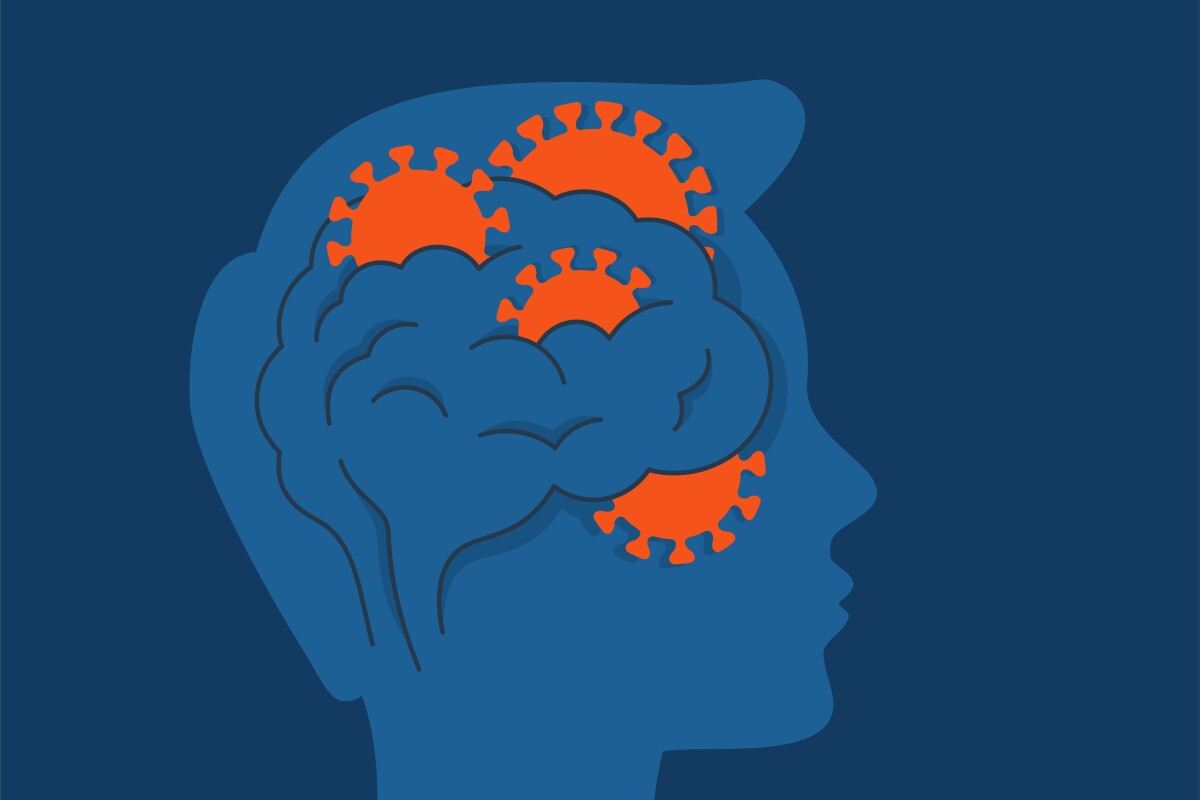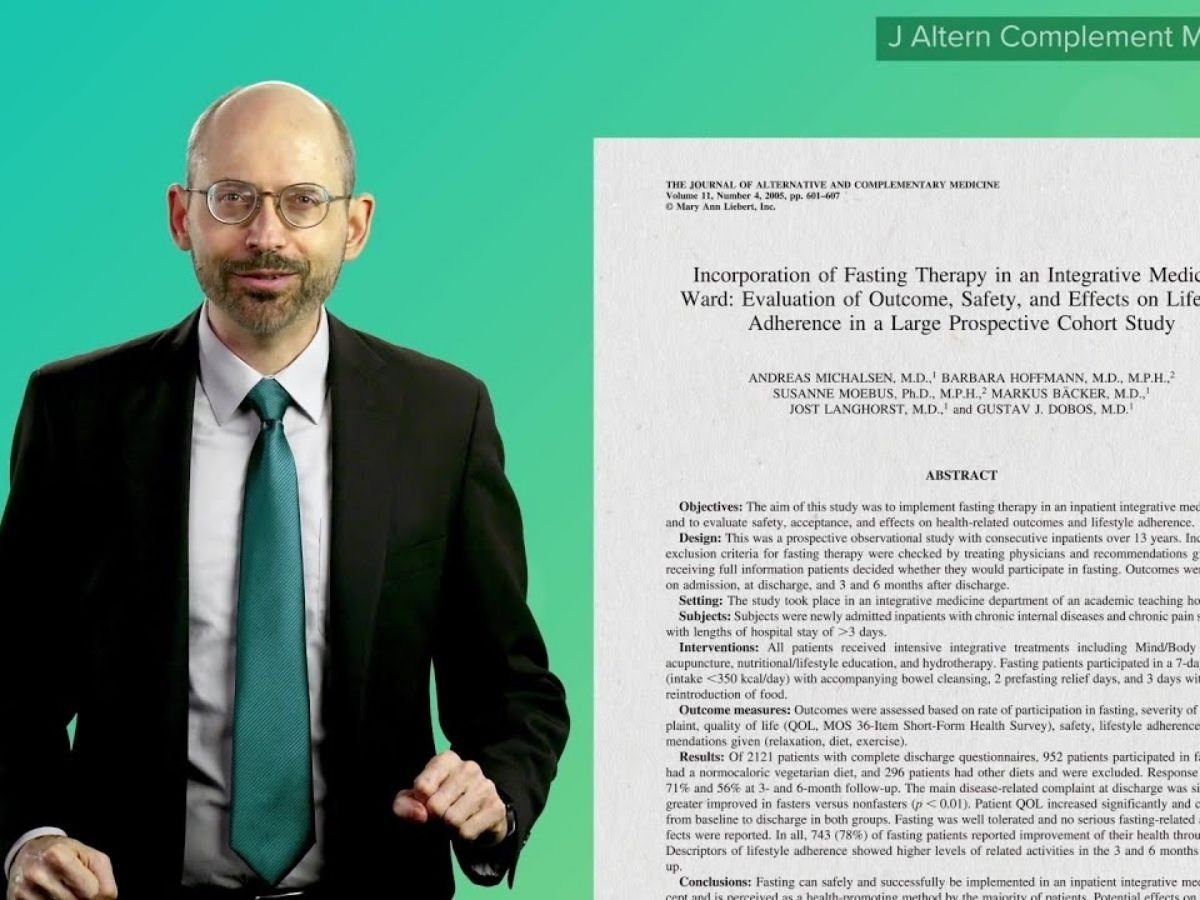According to a new study, cognitive impairment caused by long COVID is the equivalent of aging 20 years or losing 10 IQ points.
The findings were published last week in the journal clinical medicine by researchers from the University of Cambridge and Imperial College London. They compared data from 46 people who received COVID-19 treatment at a hospital between March and July 2020 to a matched control group.
Cognitive impairment is common in a variety of neurological disorders, including dementia, and even in normal aging, but the patterns we saw – the cognitive ‘fingerprint’ of COVID-19 – were distinct from all of these,” said senior author Dr. David Menon of the University of Cambridge in a news release issued last Tuesday.
COVID-19 patients performed particularly poorly on verbal analogical reasoning and had slower processing speeds. Furthermore, those with more severe cases of COVID-19 were found to perform worse on these tests.
The authors wrote that the findings were “similar in magnitude to the effects of aging between 50 and 70 years of age.”
They claim that these findings are consistent with a 2021 German study that discovered COVID-19 could reduce brain glucose consumption in areas of the brain responsible for attention, problem-solving, and memory.
More than 100 potential symptoms of long COVID have been reported to the Public Health Agency of Canada (PHAC). According to the PHAC, the most common ones are fatigue, memory problems, anxiety, depression, and even post-traumatic stress disorder.

Long COVID symptoms affect an unknown number of people. Early World Health Organization data suggested that 10 to 20% of those infected with the virus would go on to become COVID long-haulers, but Tam said on Friday that more recent research suggests it could be as high as 50%.
It is still unclear how COVID-19 can cause long-term cognitive deficits, but researchers believe it is due to the immune system’s inflammatory response. A lack of oxygen or blood supply to the brain, blood clotting, and microscopic bleeding are all potential causes.
The researchers continued to follow up with the patients for up to 10 months after their infection, and some showed minor signs of improvement.
“We followed up with some patients up to ten months after their acute infection and were able to see a very slow improvement.” While not statistically significant, it is a step in the right direction, but it is very possible that some of these people will never fully recover,” Memon said.










































